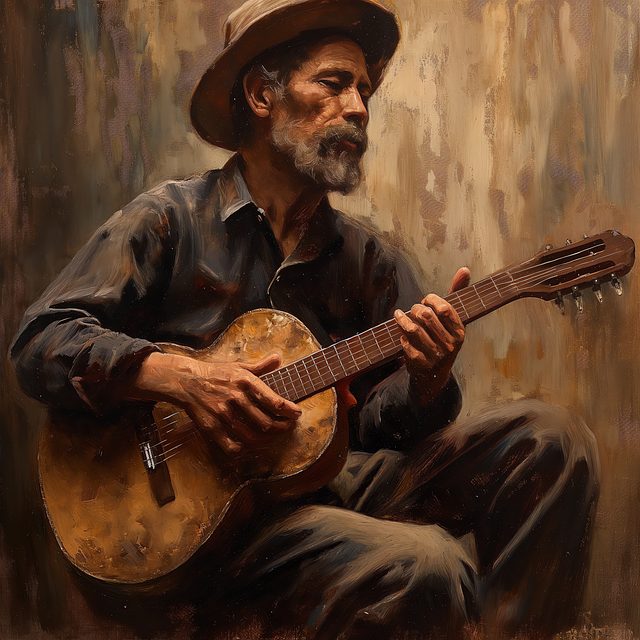AI music tools are transforming the creative landscape for ai musicians, offering unprecedented opportunities in creativity and innovation. Through advanced machine learning algorithms, these technologies enable artists to compose, arrange, and produce music with remarkable ease and precision. By analyzing vast datasets of musical patterns, AI models generate original compositions, suggest improvements, and even collaborate in real-time with human musicians, democratizing music creation and fostering exciting collaborations between humans and AI. This revolutionizes music production workflows, enhances efficiency, and pushes artistic boundaries, ultimately elevating both the production and listening experience for ai musicians worldwide.
“Dive into the future of music creation with our comprehensive guide on AI music tools, tailored for musicians and producers. Explore how artificial intelligence is revolutionizing the industry, from enhancing creativity and streamlining production workflows to shaping the next era of musical expression. Discover practical applications through case studies, and unlock the potential of AI to elevate your musical journey. Empowered by knowledge, ai musicians can now harness cutting-edge technology for their artistic ventures.”
- Understanding AI Music Tools: A Revolution for Musicians
- Enhancing Creativity: How AI Can Inspire Musical Composition
- Production Efficiency: Streamlining Workflows with AI
- The Future of Music Industry: AI's Role in Shaping the Next Era
- Practical Applications: Case Studies of Successful AI-Assisted Projects
Understanding AI Music Tools: A Revolution for Musicians
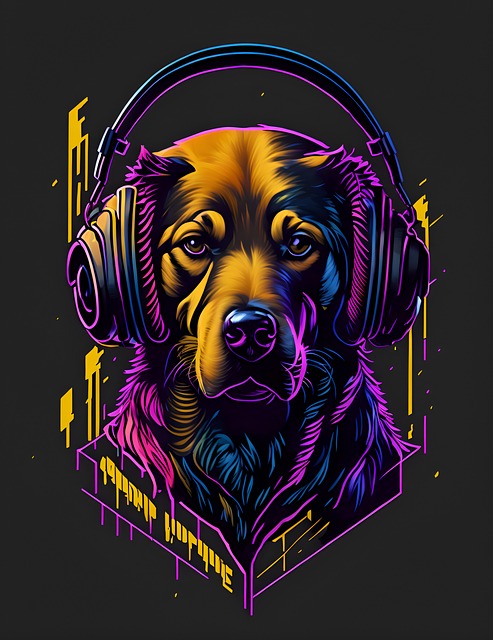
AI music tools are transforming the landscape for ai musicians, offering unprecedented opportunities for creativity and innovation. These advanced technologies empower artists to compose, arrange, and produce music with an ease and precision previously unattainable. By leveraging machine learning algorithms, AI models can analyze vast datasets of musical patterns, styles, and structures, allowing them to generate original compositions, suggest improvements, or even collaborate with human musicians in real-time.
For ai musicians, the benefits are clear: from streamlining production processes to unlocking new sonic territories. With AI tools, composers can experiment with diverse genres, explore complex harmonies, and create unique soundscapes with less time and effort. This revolution not only democratizes music creation but also paves the way for exciting collaborations between human artists and artificial intelligence, fostering a dynamic and ever-evolving musical ecosystem.
Enhancing Creativity: How AI Can Inspire Musical Composition
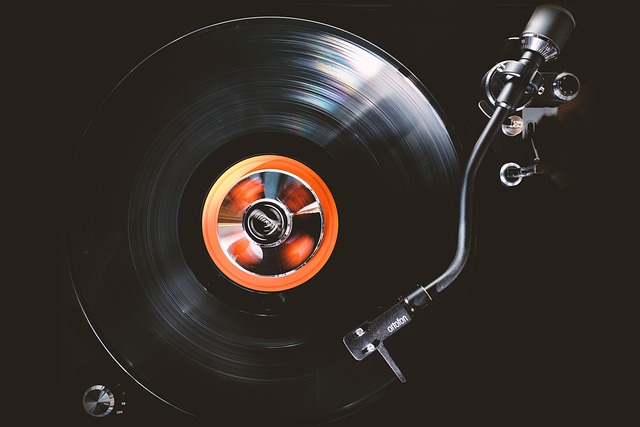
AI is transforming the creative landscape for musicians and music producers, offering an exciting avenue to enhance their artistic process. By leveraging AI music tools, ai musicians can unlock new levels of inspiration and innovation in musical composition. These tools provide a wealth of possibilities, from generating unique chord progressions and melodic ideas to exploring diverse genres and styles.
With AI, musicians can quickly experiment with different musical concepts, break creative blocks, and discover fresh directions. It enables them to focus more on the artistic aspects of their work rather than getting stuck in technical limitations. This technology acts as a catalyst, fostering creativity and pushing the boundaries of what’s possible in music production, ultimately elevating the art form for both creators and listeners alike.
Production Efficiency: Streamlining Workflows with AI
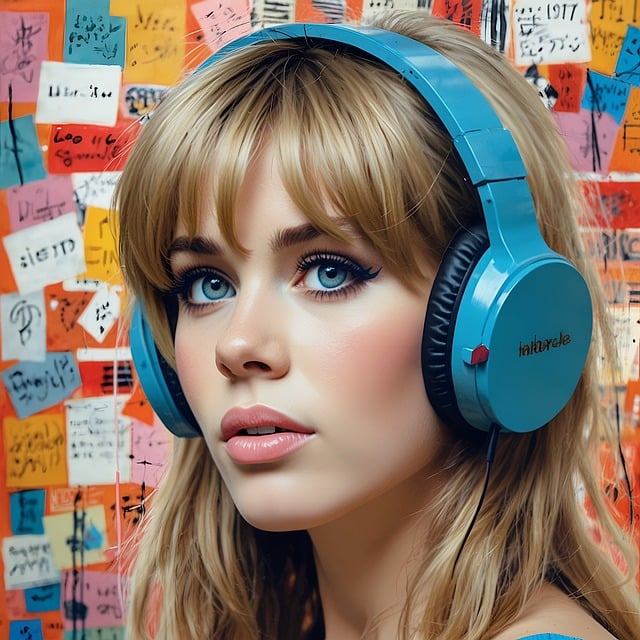
Music production has evolved significantly with the advent of Artificial Intelligence (AI) tools, especially for ai musicians. AI is revolutionizing the industry by streamlining workflows and enhancing efficiency. For instance, AI-powered music generation tools can create custom soundtracks or loop libraries tailored to an ai musician’s specific needs, saving time that would otherwise be spent on manual composition and arrangement.
These intelligent systems can also automate repetitive tasks such as pitch correction, noise reduction, and dynamic processing, allowing musicians to focus more on creative aspects of production. Moreover, AI music tools enable precise mixing and mastering through machine learning algorithms, ensuring high-quality audio output in less time. By optimizing these workflows, AI is empowering ai musicians to bring their artistic visions to life with greater speed and precision.
The Future of Music Industry: AI's Role in Shaping the Next Era
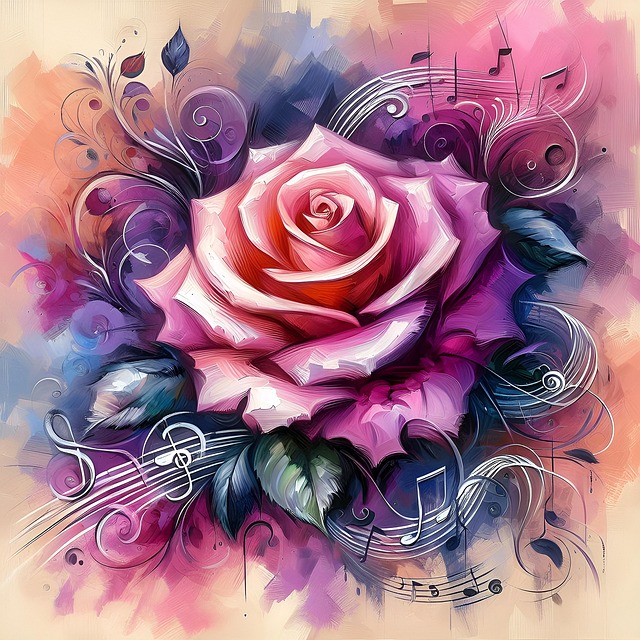
The music industry is on the cusp of a revolutionary era, where Artificial Intelligence (AI) is no longer a futuristic concept but an integral part of shaping its future. AI musicians and music production tools are rapidly transforming the creative process, offering unprecedented possibilities for both artists and producers. With AI, composers can explore new dimensions of sound design, experiment with complex harmonies, and create unique musical textures with speed and efficiency.
In this new era, AI algorithms can analyze vast datasets of existing music to learn patterns and styles, enabling them to generate original compositions or assist in song structuring. These tools empower musicians to focus more on artistic expression rather than laborious tasks, fostering innovation and pushing the boundaries of what’s possible in music creation. The future holds immense potential for AI to democratize music production, making it accessible to a broader range of creators.
Practical Applications: Case Studies of Successful AI-Assisted Projects

AI music tools have transformed the creative process for many ai musicians and producers, offering unprecedented opportunities to push artistic boundaries. From composition to sound design, these technologies are enabling innovative projects that were once considered impossible. For instance, some composers use AI algorithms to generate initial melodies or harmonies, acting as a starting point for their own human creativity. This collaboration between human intuition and machine learning results in unique and diverse musical outcomes.
Other successful cases involve the restoration of old recordings using AI, bringing faded memories back to life with remarkable clarity. Additionally, AI-driven music production tools are revolutionizing the way tracks are arranged and mixed, streamlining workflows and allowing producers to focus more on creative decisions. These practical applications highlight the immense potential of AI in shaping the future of music creation, making it an exciting time for ai musicians worldwide.
AI music tools are transforming the landscape for modern ai musicians, offering unprecedented opportunities for creativity and efficiency. From inspiring musical composition to streamlining production workflows, these tools are revolutionizing how music is created and produced. As we look towards the future, AI’s role in shaping the next era of the music industry is undeniable. By understanding and embracing these technologies, musicians can unlock new levels of artistic expression and professional success. Dive into the world of AI-assisted music production and discover how it can enhance your own creative journey.
